1.5.2
Newsjunkie.net is a resource guide for journalists. We show who's behind the news, and provide tools to help navigate the modern business of information.
Use of Data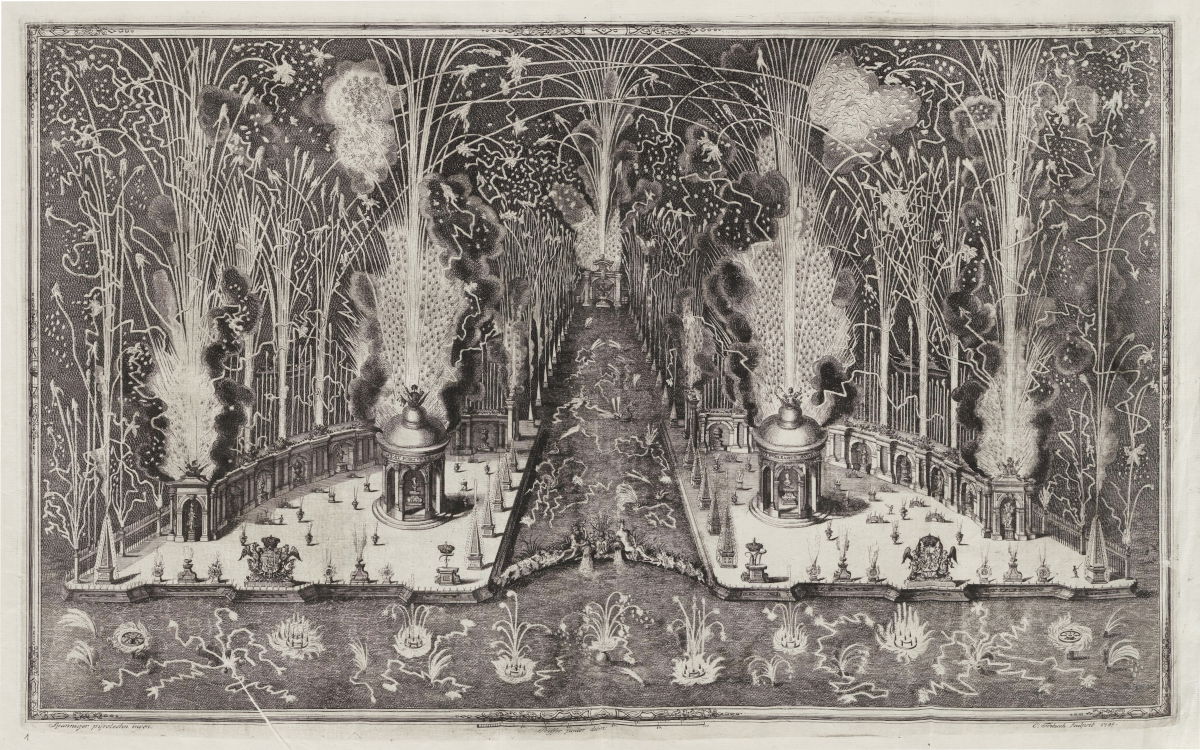
How we've grown in 2025
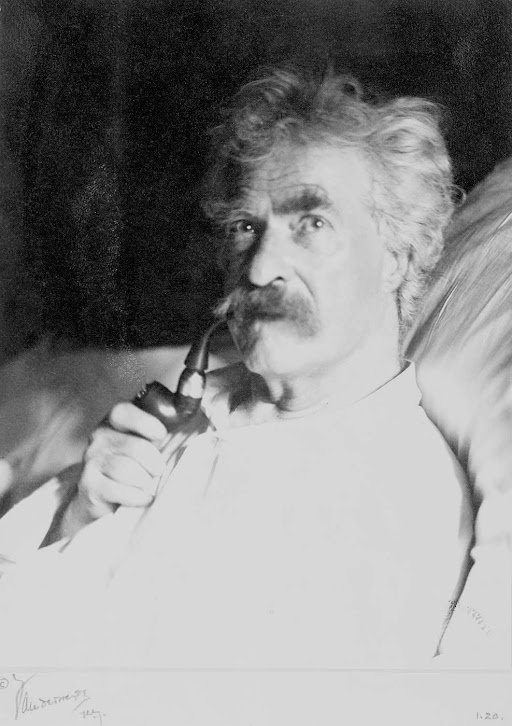
Part II: Antecedents
New Journalism isn’t that new. The term originates from the latter half of the last century, but dig further and its roots go back to the great American and British writers, Mark Twain, and Charles Dickens.
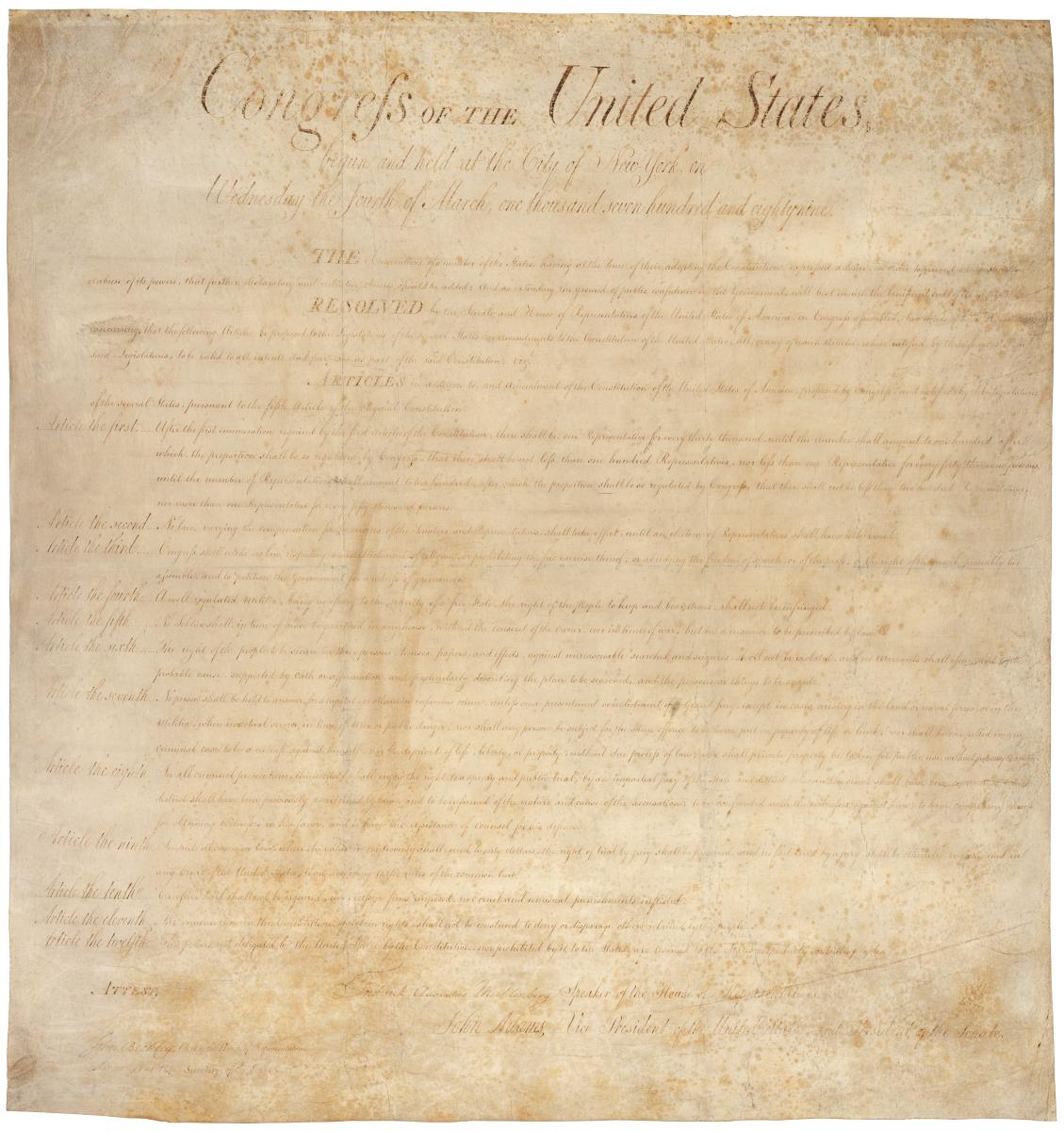
Protecting the right to freely speak, assemble, publish, and petition the government
Freedom of the press is guaranteed in the Constitution. Legal defense groups such as the American Civil Liberties Union have the training and resources to protect vulnerable individuals and organizations from attempts to shut down or curtail the right of free speech. While many of these groups have served journalists for decades, at all levels of justice, intimidation of the press continues to rise. Knowing what these groups do and how contact them is a fundamental part of the journalist’s arsenal.
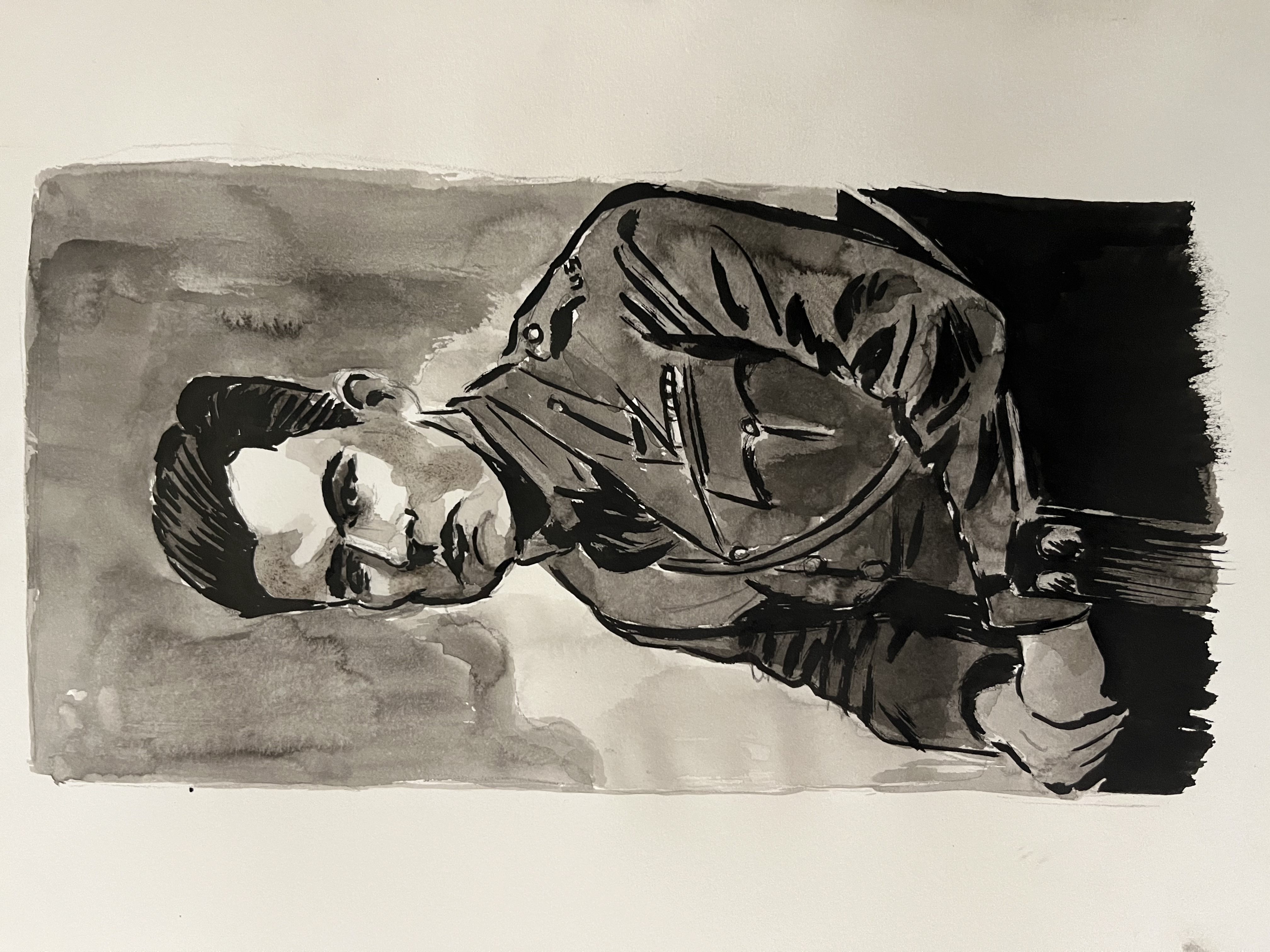
Ernest Hemingway in Paris
Ernest Hemingway in Paris: The Toronto Daily Star sent Ernest Hemingway to Paris in 1922 to report on Europe in the aftermath of World War I
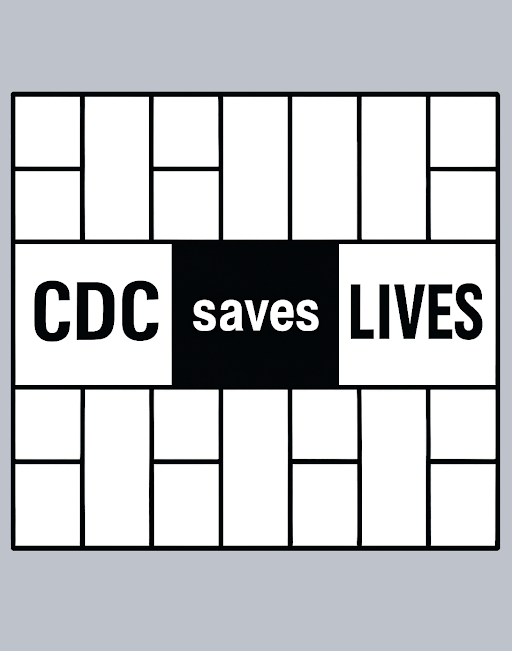
“The coolest job in the world” eliminated by RIF
Interview with fired US government health communications specialist Aryn Melton Backus, who co-founded the public heath advocacy group Fired but Fighting.
The best articles published on Newsjunkie this year
As the Press founders, so does the Nation
Our reporting on the role of the news industry in the US reveals a picture rooted in community interest and capitalist motivations, over truth and “fake news,” and yet murky in the general understanding of news’ history and function.
Interviews with Dan Gillmor, Kalpana Sharma, Will Bunch, Vikhar Ahmed Sayeed, Naresh Fernandes, Lakshmi Chaudhry, and Me...
The public's perception of fairness in political coverage has changed. Hardened anti-press sentiment has taken hold, stoked by authoritarian politicians and their allies. In the game of gaining and holding power, journalists are targeted as "the enemy of the people." With lives and livelihoods at stake, how does the press continue its mission to hold power to account?
Official covid.gov page spins rumors, falsely indicts Biden, Fauci
The official U.S. government site for COVID-19 information and guidance, covid.gov, has been transformed into a Trump/MAGA conspiracy-mongering page.
Science activists race to preserve access to critical research
Gretchen Gehrke of the Environment Data and Governance Initiative describes the motivation for starting EDGI, the End of Term Archive project, and the mission to monitor and safeguard public science research.
Coalition works to preserve US science data
The Internet Archive is leading a coalition called End of Term Archive, to capture federal websites and data during the transition from one presidential administration to the next. Mark Graham, director of Internet Archive's Wayback Machine, sat down with Angie Coiro to discuss the scope and scale of the project, and how the public benefits.
True North Research founder discusses power and corruption in politics, and the role of journalism
Lisa Graves is founder and executive director of True North Research, a government and corporate watchdog.
Part II: Antecedents
New Journalism isn’t that new. The term originates from the latter half of the last century, but dig further and its roots go back to the great American and British writers, Mark Twain, and Charles Dickens.
Former editor shares story of groundbreaking indie investigative journal
Shubhanga Pandey is the former chief editor of groundbreaking South Asian journal, Himal Southasian. He joined Newsjunkie publisher, Gordon J. Whiting, for an interview at UCLA in May 2025.
Freelance journalist
Journalist Kunal Purohit's book, H-Pop: The Secretive World of Hindutva Pop Stars, explores hate culture in Indian popular song, poetry and books. Newsjunkie interviewed Purohit after his November 19, 2024, speech at UCLA.
The latest on the news industry